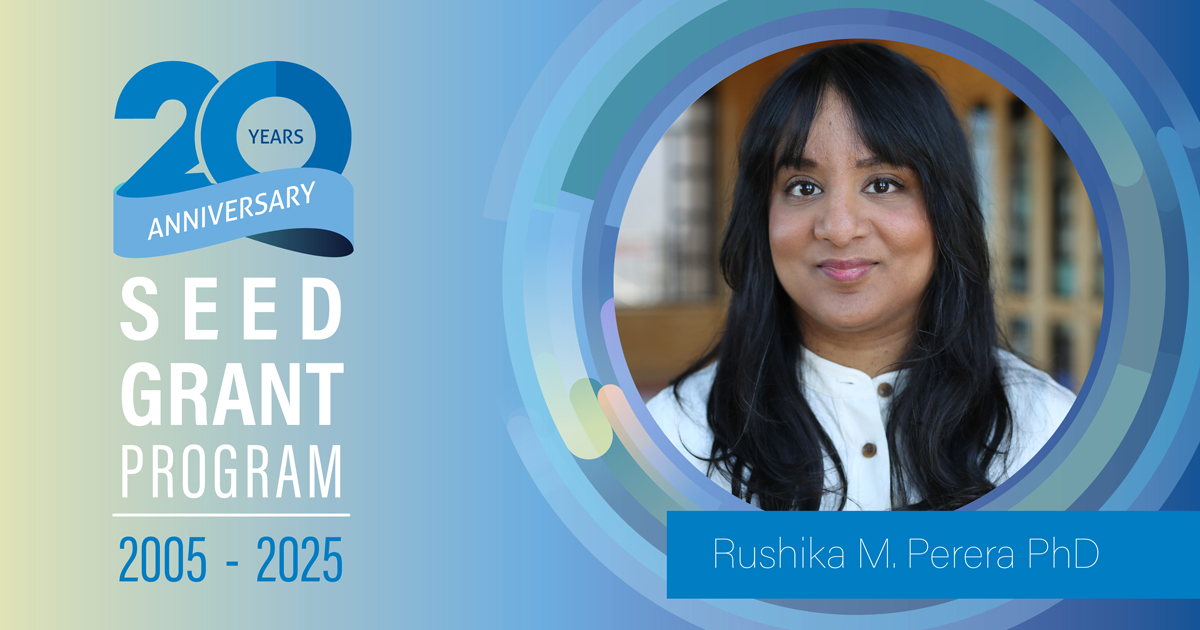A new study led by Dr. Rushika Perera, a member of our Scientific Advisory Board and past Seed Grant Awardee, sheds light on pancreatic cancer’s dangerous ability to spread to distant organs like the liver and lungs. Published in Nature, the research identifies a key protein, PCSK9, as a driver of metastatic organ preference in pancreatic ductal adenocarcinoma (PDAC), the most common and aggressive form of the disease.
Dr. Perera and her team at UC San Francisco investigated how pancreatic cancer cells colonize specific organs and adapt to survive in vastly different environments. They analyzed patterns of metastatic spread from the MetMap project and found metastases to either the lungs or the liver. In looking at the genomic differences, they found that PCSK9 plays a critical role in determining whether cells spread to the liver or lungs.
Their findings show that low levels of PCSK9 enable cancer cells to thrive in the cholesterol-rich environment of the liver, where they import LDL cholesterol to activate pro-growth pathways like mTORC1. These liver-avid cells also convert cholesterol into a signaling molecule, 24(S)-hydroxycholesterol, which helps them tap into nutrients from nearby liver cells.
In contrast, high levels of PCSK9 suppress LDL-cholesterol import, pushing cells to rely on their own cholesterol production which is a survival advantage in the oxygen-rich environment of the lungs. These lung-avid cells generate unique cholesterol intermediates that protect them from ferroptosis, a type of cell death driven by oxidative damage.
By manipulating PCSK9 levels, researchers could shift where the cancer spread, demonstrating that this protein is not only predictive of metastatic behavior but may also be a powerful therapeutic target.
“Cancers persist by adapting to live in new tissues and organs, and we found that pancreatic tumors use PCSK9 to adapt as they spread,” said Dr. Perera. “It opens the door to fighting metastatic cancer growth by manipulating how cells acquire their cholesterol.”
We are proud to highlight the work of Dr. Perera and her team, whose research is paving the way toward more effective strategies to prevent and treat pancreatic cancer metastasis. Our Seed Grants invest in scientists with bold ideas who want to be trailblazers in their field. Dr. Perera’s continued leadership is helping advance science that brings us closer to a future free of pancreatic cancer.
As we celebrate 20 years of Seed Grant awards, it is more crucial than ever to move Beyond the Seed: Bridge to Breakthrough. Private research has enabled these ideas to bloom from seeds into progress. We must ensure that research doesn’t just begin, but that it continues, evolves, and reaches the patients who need it most.


